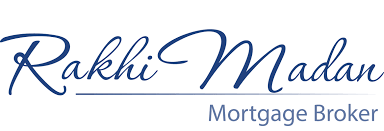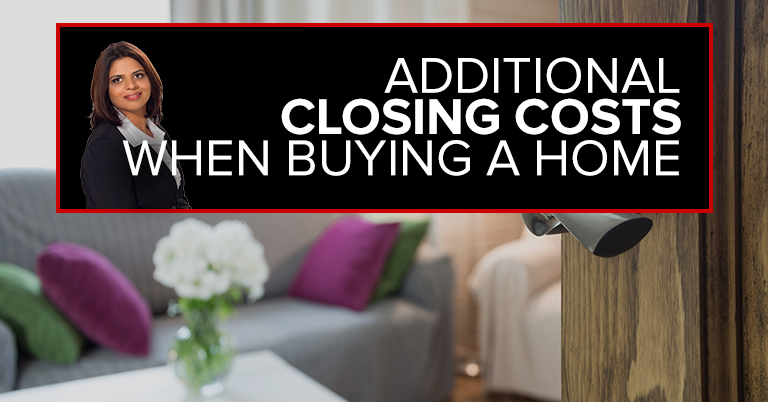When purchasing a home, many people only look at the upfront costs of the property and do not think about the extra finances that may be needed. It is important to consider every cost you may incur while purchasing a home in addition to the down payment and mortgage, as this helps you budget and know what you can personally afford. Some of these payments will be made at the beginning of your purchase process, and some will be made once your purchase is final.
Take a look below and some of the additional costs that you should plan for when buying a home:
- Property Valuation: This fee helps determine the property lending value of your mortgage, and it typically costs $250-$400.
- Home Inspection: If you are purchasing a new home, these fees may not apply. With any other home, you will need to hire a home inspector who can evaluate all aspects of the home for safety, and this typically costs around $500. This is not a mandatory task, but many people include it as a condition in their offer to purchase.
- Legal Fees: These fees cover everything to do with your lawyer, and can vary from $1300-$2500. Keep in mind that in some provinces, these fees are taxable. Try to get a quote from your lawyer at the beginning of your relationship to avoid surprises later.
- Land Transfer Tax: Depending on your province and situation, this fee varies in cost and may or may not be applicable. This fee occurs when a property changes hands, and can be charged at both the municipal and provincial level. It is dependent on the purchase price, and first time home buyers may be exempt from a portion of these costs. Check your provincial and municipal regulations to see more information on this.
- Title Insurance: At around $250, this insurance is an optional choice that covers issues related to encroachment, title fraud, existing liens against the title, or other issues left behind from previous owners.
- GST/HST: While some properties are exempt from sales tax, some are not. Always make to sure to check this before signing your letter of offer.
- Interest Adjustments: Interest adjustments happen when there is a gap between your closing date and the first mortgage payment. Avoid this by arranging your first mortgage payment one pay period after your closing date, or plan to pay between $100-$1000 in adjustments.
- High Ratio Mortgage Insurance: If you have a downpayment of less than 20% of the purchase price, you may want to consider mortgage default insurance. These usually range from 2.8%-4% of the principal and may have additional fees.
- Home Insurance: Home insurance is a must, and it is a must consider too. This can vary by the home, but an average is $1000/year.
- Mortgage Life Insurance: This cost can be included in your mortgage payment, and it is an optional payment that protects your finances by paying a portion of your mortgage in the event of a premature death of one of the mortgage owners.
- Prepaid Tax and Utility Reimbursement: If the previous owner has prepaid any of their expenses on the home for the year, you will have to reimburse them at an average cost of $400-$500.
- Other Expenses: You should also consider moving costs, renovation costs, and any other expenses related to setting up your new home.
If you’re in the Brampton area and need a mortgage broker, contact me today to see the best rates I can get you.


